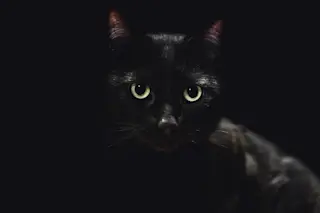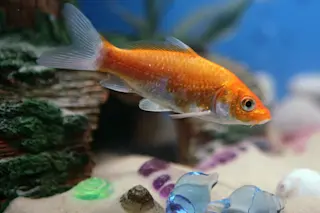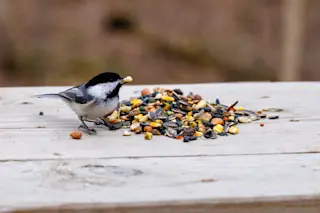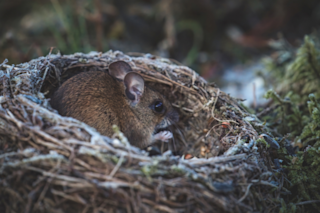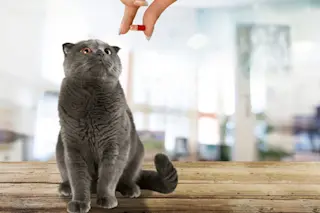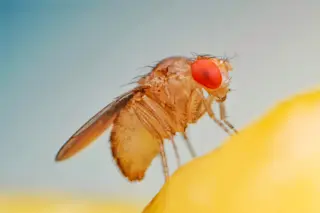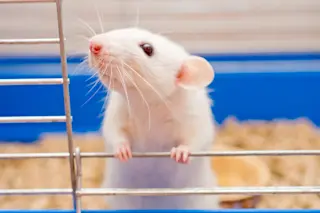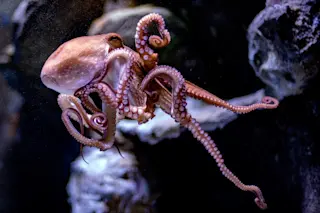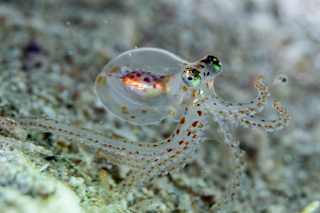Science is so specialized these days that it's hard for scientists to look up beyond the very narrow confines of their own work. Biologists who study cartilage don't have much to say to biologists who study retinas. Astronomers who study globular clusters probably can't tell you what's new with planetary disks. But sometimes scientists from different specialties can come together and integrate their work into something truly impressive. A case in point comes from some ongoing research into the evolution of language. No species aside from our own can use language. Chimpanzees and other primates can communicate, but they can't make the subtle sounds that humans can, nor can they turn those sounds into words organized into meaningful sentences. Something happened--or, more likely, many things happened--in the six million years or so since our ancestors split off from the other apes. Fossils offer only a few clues, because the vocal ...
From Genes to Words
Explore the evolution of language and the pivotal FOXP2 gene that may have shaped our communication skills.
More on Discover
Stay Curious
SubscribeTo The Magazine
Save up to 40% off the cover price when you subscribe to Discover magazine.
Subscribe

